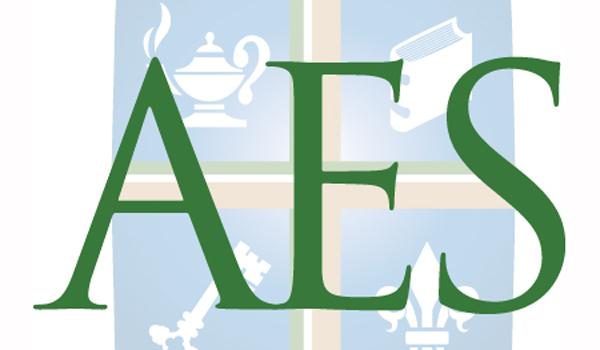Despite the existential slant to my headline, I don’t plan to tackle any cosmic questions in this editorial.
Instead, I’d like to spend some time reflecting on our school’s identity as an independent, Episcopal school. Although I am a product of Catholic schooling, I have spent my post-graduate career in independent, Episcopal schools, and I am well aware of what makes independent institutions unique. However, I have found that too many students, parents, and even newer colleagues don’t recognize and appreciate the distinctions and are sometimes mystified by the way we operate.
A few weeks ago, I had the privilege of attending the inaugural meeting of the newly formed Louisiana Association of Independent Schools (LAIS) at Episcopal High School in Baton Rouge. The keynote speaker, Jim Adare, a veteran of independent schools who has served as headmaster to three such schools and now works as a consultant, discussed “the distinctive characteristics of independent and public schools.”
He focused on 10 points, all noteworthy, ranging from purpose to governance to community, but the one category that I cannot help but share was the one on students, specifically, on management of students.
In public schools, and to a large extent, parochial schools, a paradigm of control and distrust dictates how students are managed. Often, a student handbook outlines pages and pages of rules and specific punishments that apply to breaking them. A student who is out of class without a hall pass is clearly up to no good. Barriers against cheating, from the most crude “blinder-folders” to the most sophisticated plagiarism-detecting software, are implemented at every opportunity.
In short, the expectation is that students cannot be trusted.
The independent school model, by contrast, is generally based on a school’s Honor Code and the expectation, both stated and understood, that students are trustworthy. The expectations for behavior are high, and students inevitably fall short from time to time, but the consequences balance the meting out of justice with a redemptive intent.
In other words, a hall pass is completely incompatible with an Honor Code.
In most independent schools, the prevailing attitude is, “I’ll take your word until you break your word.”
This expectation of honor has immeasurable value in the shaping of young minds and in the building of community. It fosters honesty, integrity, accountability, independence, and pride. It also allows for a sense of freedom and an atmosphere of mutual respect between faculty and students.
In this environment, learning and achievement are unlimited because the motivation to learn and improve becomes intrinsic. I have witnessed this principle at work in other independent schools, and I am hopeful that we can see the same in our upper school as our growth continues.
To that end, I ask my colleagues to keep the Honor Code at the forefront of their minds. Talk about it. Talk about honor. Remind students to pledge their tests and quizzes. Tell them, even if they’ve heard it before, that copying homework is dishonorable. Show them that you buy into the Honor Code. I remind my students that they are on their honor when taking tests, and I demonstrate that I trust them by stepping into the hall for a moment while they work. They have never disappointed me.
To our students, recognize how fortunate you are to be at a school where you are trusted, not suspected. Make that a topic of conversation with each other. Let others hear you say that you are grateful to be in such an environment. Express your disappointment when you hear about incidences that should not happen, such as the petty theft from the concession room.
Whether you are a teacher or a student, we are lucky to be where we are, and we are lucky to be who we are. The more that we allow our sense of honor to guide us, the better our collective experience will be.


